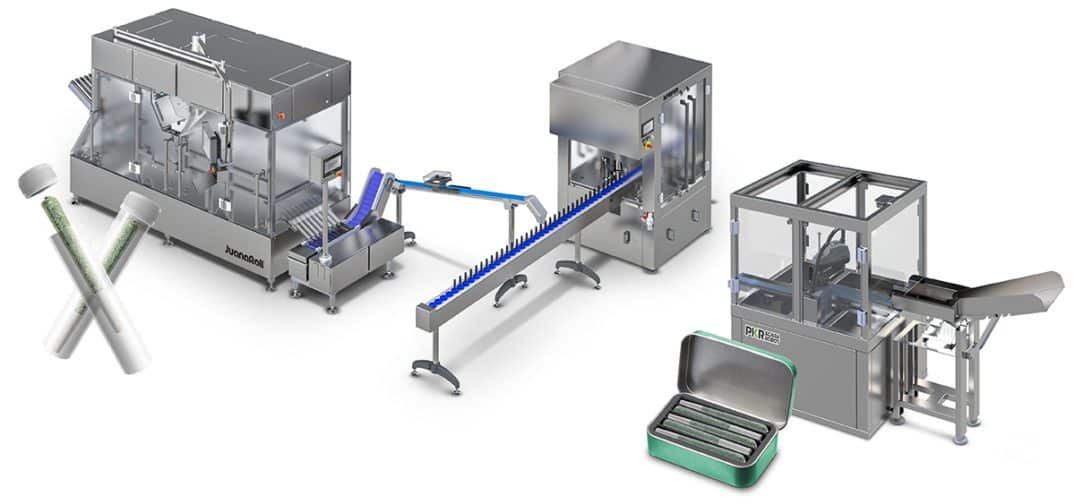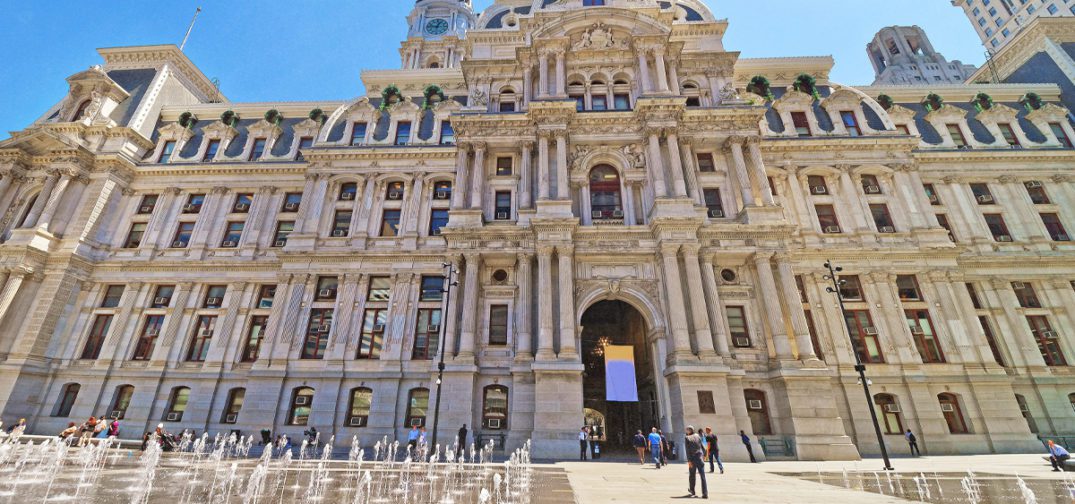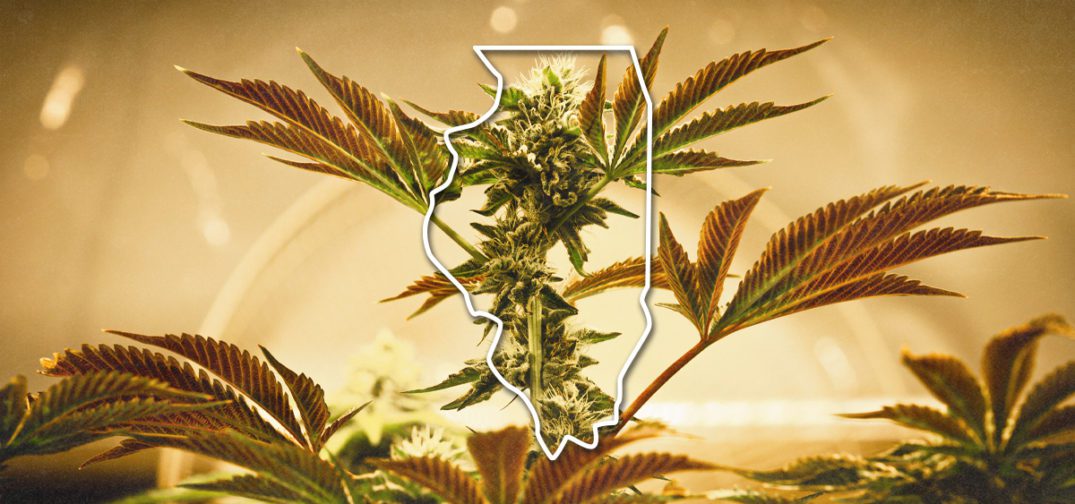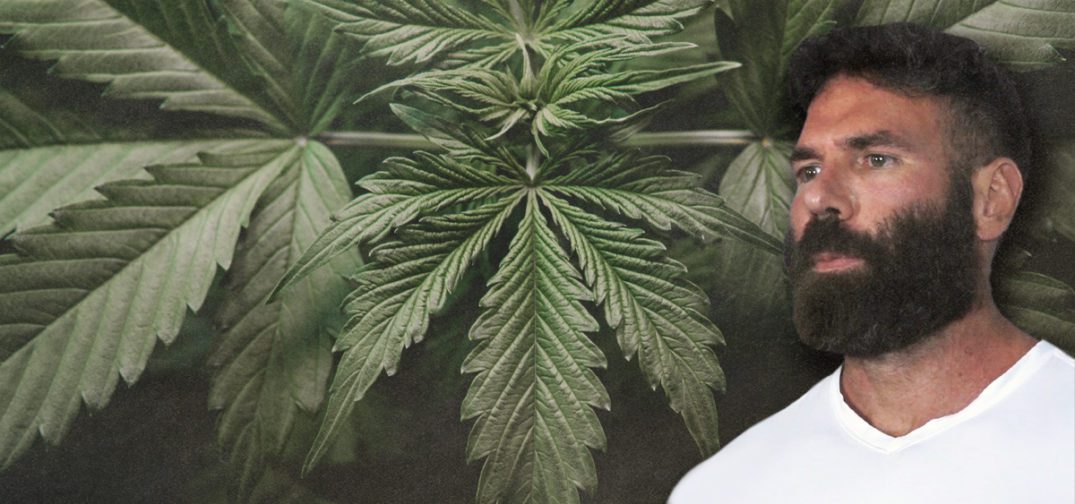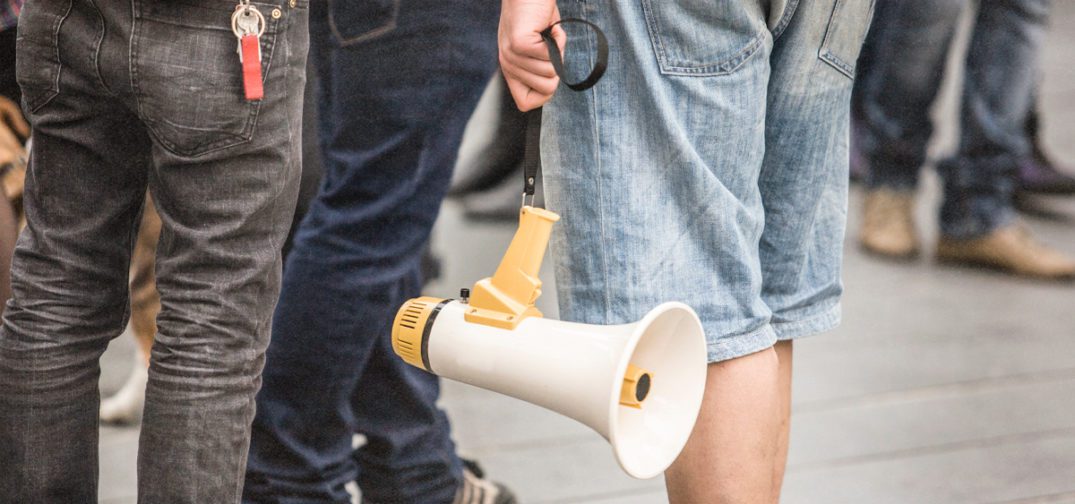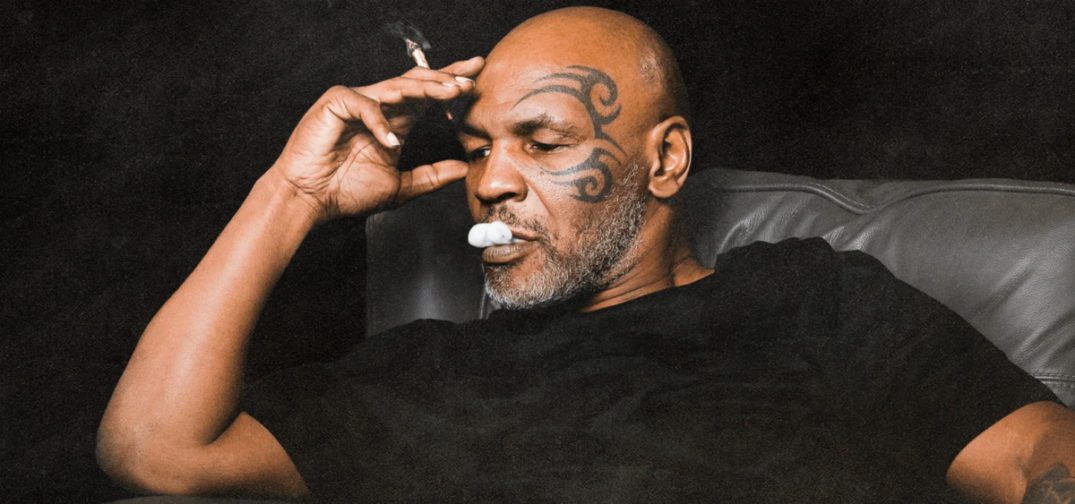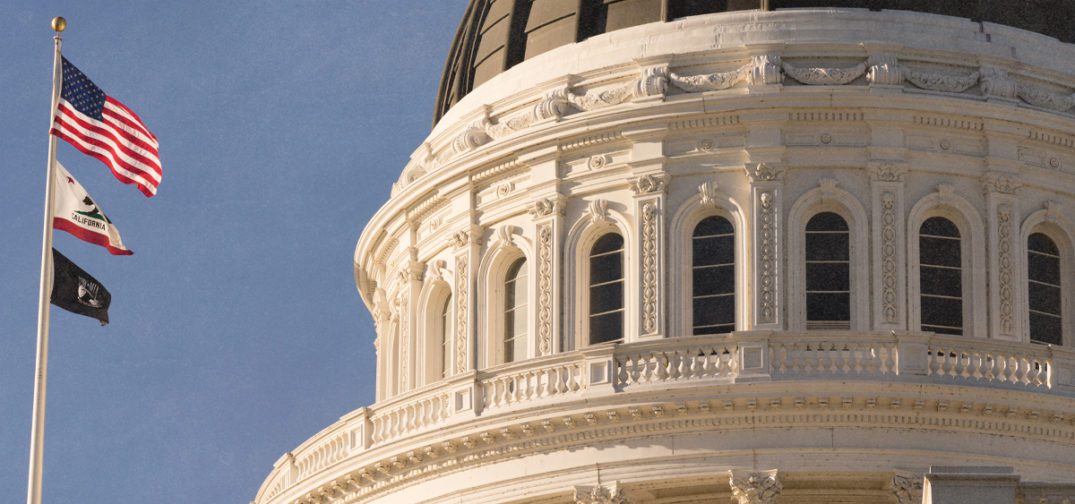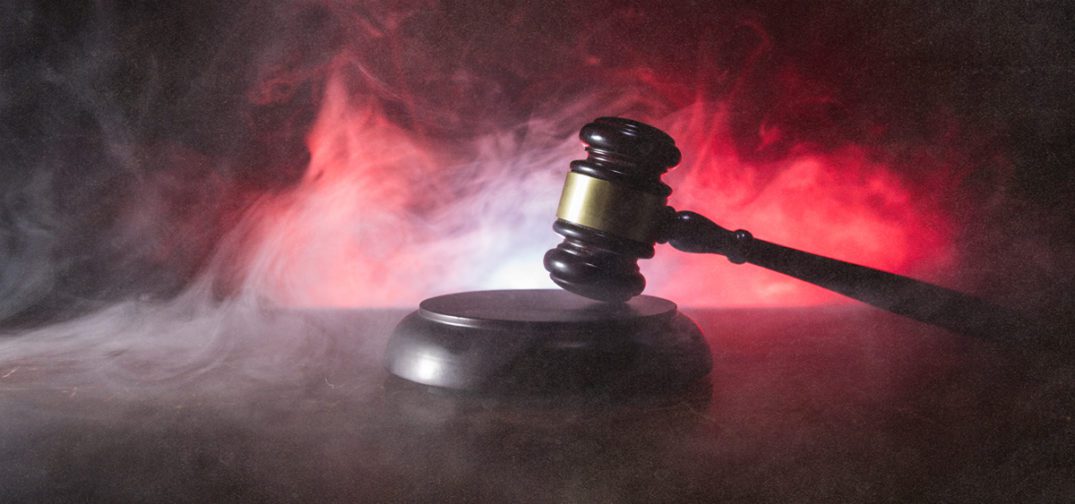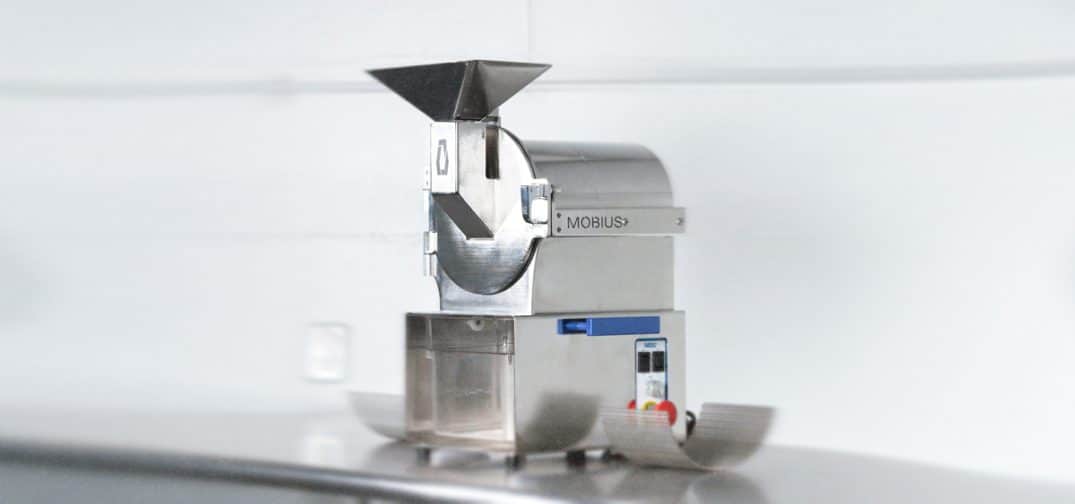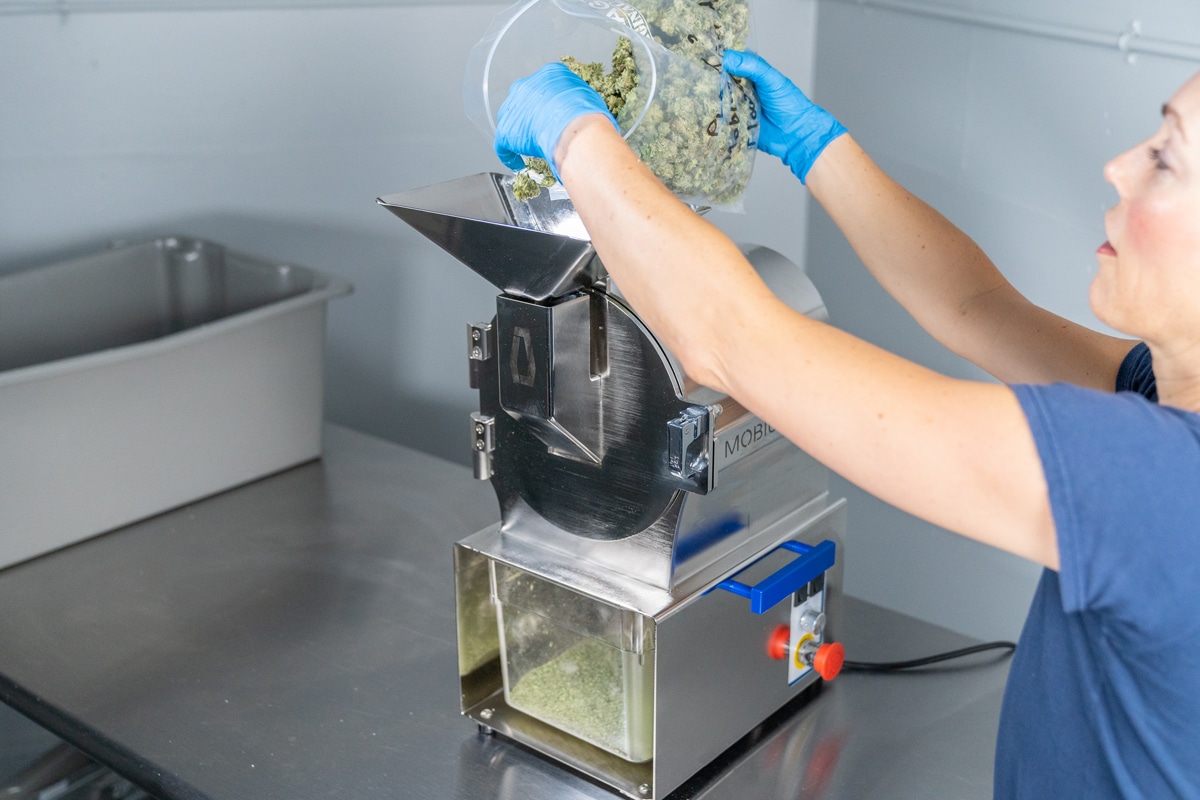Cannabis packaging creates a large volume of landfill waste and much of this can be traced back to compliance requirements. As the industry has developed, design experts have stepped into the space to encourage growth toward compliant yet more sustainable cannabis product packaging options.
Lilli Keinaenen started Changemaker Creative because she needed change, loved sustainable design, and was very interested in cannabis. What has proliferated is a consulting and design business that is changing how we package and unwrap our cannabis products. This Q&A covers why Lilli first moved into the cannabis space, the most common issues with cannabis packaging, upcoming projects that most excite her, and more!
Keep scrolling to read the full interview.
Ganjapreneur: Why did you leave the environmental and social justice nonprofit design for cannabis?
Lilli Keinaenen: The honest answer? I was tired of the work, having been doing it for over a decade by then. Every nonprofit functions on the same cycle with fundraising and campaigns, so my life was a rollercoaster of busy and slow seasons. It felt like it was time for something new, and I had already shifted to working with sustainable consumer products at the time, and one cannabis client, when the opportunity to jump into cannabis came along.
It’s a funny story, really: someone I knew had gone to a cannabis event, she realized the cannabis market had matured and finally “arrived” – moving away from the bongs and thongs look into a more sophisticated consumer product. She called me the next day, pitching the idea to start a cannabis agency together, and I said “sure, why not?!”. That’s how the agency was born, in late 2016. I jumped in both feet into cannabis, learning everything I could about the industry. I left Cannawise to start Changemaker Creative on my own.
Have you always had an interest in sustainability?
I know it’s a cliche, but yes, I’ve always been a little eco warrior. I’ve always wanted to save the planet: from convincing my sister to stop using bad-for-the-ozone layer hairspray back in the 80s (and she had big big hair!), to saving earth worms from drowning during the rain (which made me chronically late for school), and asking my parents if I could go join a protest where people were chaining themselves to trees to keep them from being cut down (I was like 8 years old at the time), it’s always been a thing for me.
What is Changemaker Creative? How many people work at the company?
Changemaker Creative is my solo agency; it’s just me, working with a network of other talented folks. It’s mainly focused on working with cannabis products with soul. What that means to me, is, that the companies I work with, have the products and a vision to make the world a better place. I come in to help them create a brand that matches the quality of the product, and reflects that ethos, connecting emotionally to the new conscious consumer.
I have designed award-winning brands that stand out on crowded dispensary shelves and connect with consumers. As a classically trained designer with a Bachelor of Arts and decades of experience, you can often find me presenting about packaging sustainability and cannabis brand marketing. My advocacy work includes cannabis legalization locally and globally, and ecology efforts. I am the Changemaker, and Changemaker is me – when your day is filled with passion projects, work is fun!
You wear many hats at Changemaker, what type of continued education or courses have you utilized to stay knowledgeable about copywriting, web design, packaging, and other skills?
You know how you know you’re old? I’ve started to become annoyed when design software changes and they add new stuff! Old lady yelling at clouds… Things change, and one has to keep with the times! Despite being a curmudgeon on software updates, I do subscribe to a ton of design newsletters, just to keep on top of trends. Also read books on strategy and design thinking, just finished a really good one called OBSESSED, which is about creating brands people feel emotionally connected to, great read. Print design I learned back in college, and the basics of it haven’t changed so so much. Packaging on the other hand, is constantly changing; new materials, new shapes, new inventions for function. Love checking out websites like the Dieline to keep up with the newest packaging inspiration, going to packaging tradeshows, as well as following people and companies in the packaging field, who come up with cool things like algae plastics or augmented reality for print design. The world has so much cool shit happening!
If I were to go back to school, I’ve been toying with the idea of taking a course on sustainability – there’s a lot there to understand more deeply, on a scientific STEM level. Last course I took was a workshop on modern calligraphy and lettering at the Typeform Archive. It was really fun to break out the brushes and ink and do things by hand, so much of my regular day-to-day is digital nowadays.
What’s keeping me the most busy, though? It’s how much there is to keep up with with cannabis! New regulations, new states, new science, new products – sometimes it’s dizzying. Spent many an afternoon reading up regulations text with a highlighter, most recently reviewed the New York state new regs, and gave commentary on the environmental packaging aspects they propose.
How does the company center sustainability?
It’s really coming from my personal passion for saving the planet (and general climate angst). It’s also a great way to focus working with good people – I have very little interest in working with broey douches, and with the sustainability focus, I am attracting the kind of people I love to work with, and probably repel the ones in it to just make a quick buck.
Sustainability is part of everything I do: my home office runs on renewable energy, I guide my clients towards sustainable packaging options, speak about sustainability issues and the new conscious consumer widely. Even how websites and email newsletters are designed has an effect on the carbon footprint!
Do you take courses or keep up with newsletters or publications to help you stay at the forefront of sustainable packaging design?
It’s a constant effort – there’s so much innovation happening at all times, and also lots of conflicting information. It’s sometimes a struggle, weeding through the greenwashing into what’s actually true. I follow sustainability news, and also packaging industry news a lot, and my background working with environmental nonprofits also helps me understand some of the nuances. Do I feel like an expert? Some days, and some days I feel like I know nothing – it’s one of those things, where the more you know, the more you know you don’t know anything! Imposter syndrome can be a real bitch sometimes. But I approach it with an open mind – I’m constantly learning, and if I make a mistake, I’ll fess up to it and change. I guess that’s also a part of Changemaker ethos – constantly learning and improving.
What do you find inspiring about packaging concepts and design?
The world is filled with wonder and beauty! Consumer product packaging is such a fun field to be in, because a $500 bottle of artisanal tequila and a $5 can of beans can both have amazing design, for completely different audiences, but both can be taken in as inspiration for cannabis packaging. That’s the coolest thing about working in weed: it’s so many things all at once. It’s an everyday wellness supplement, it’s serious medicine, it’s a relaxing treat for winding down, and also a fun times for Saturday night kind of product. It’s for young people, and old people, and parents, and surfers and lawyers and moms and people from all walks of life. So it’s really like designing for many different kinds of products – luxury cosmetics, alcohol, food, snacks, personal care, vitamins, pharma… it’s all of the things, all at once.
What projects have you been working on?
One project I’m currently working on will feature some interesting plays with shine – the name of the brand implies movement, so really wanting to implement some kinetic energy into the design. We’re also toying with the idea of an augmented reality design, where reading the container with a QR code reader would open and unscramble a secret message!
Another project I’m proud of on a form factor side is an oldie but a goodie – back in the early days of recreational cannabis in California in the olden days of 2017-2018. At the time, this was all new, so finding child resistant packaging for an eye cream and face serum, while retaining the luxury cosmetics feels, was a tall order. And I mean that literally – had a hard time finding any boxes to fit the product! We ended up with a gorgeous heavy duty rigid box from Contempo, with custom metallic foil, and custom coated heavy glass bottles on the inside. Infused every single detail, down to the tamper-evident sticker, with some delightful design element. We get so many compliments on the packaging, it has that special something. (I’m a co-owner in Green Bee Botanicals).
Favorite project I finished up recently? The Honeybee Collective, it’s just 100% serotonin and happiness as a brand. The preroll case has a “day of the week” design on the inner tray, you get one a day on weekdays and two on Saturday! We wanted to go with aluminum for the flower jar and preroll multipack, and the singles tube is a compostable plastic with a compostable label. Honeybee also gives 10% back to the community, and works with small farms.
What is the most common design mistake you see in the industry?
Thinking your product target market is for everyone. Everyone CAN buy your product, but you have to have a clear target audience in mind who you’re selling to, otherwise you end up making your product brand so bland and generic it won’t tug anyone’s heart strings. And a great brand has an emotional connection, where the product feels like your personal friend. Also, in some products, you, the company owner, might not be the target market yourself, so what you like is not relevant. Of course, a lot of times, the product idea comes from a personal problem they wanted to solve, in which case you can be the target audience yourself.
When did Changemaker add website building services its services? Why expand into the web design space?
My original freelance business was a little all over the place, due to the fact I know how to do so many different kinds of things, from Powerpoints to animation and illustration to book layout and even textile pattern design. So with Changemaker Creative, I wanted to truly focus, so I scrapped everything except branding and packaging. But now, with clients are asking me for more things, I’m slowly adding some of the things back to the mix.
Copywriting, for example, is one of those things. Despite not being an English major (or even a native English speaker), I help most of my clients with their copywriting. While brilliant at what they do, most of my clients are not particularly good at talking about their product in a clear and emotionally compelling way. Instead, too often they’re focused on listing all the technical features, nuts and bolts, rather than explaining how it makes people’s lives better. In these projects, there often isn’t a budget for hiring a professional copywriter, so I step in! Messaging work is always a part of my strategic branding projects anyways, and that often turns into a pitchdeck project (also something I offer).
With the new addition of website creation as a service – the answer to your question is that I got tired of seeing my clients hire some rando to make them a website, where the content is terrible and the design doesn’t match the branding at all. There were some truly terrible websites my clients were paying way too much money for. They needed my help! Simple as that – there was a need, I can help, and truly, websites are more about the content, design, and messaging than about the coding (I code like it’s 1999, but luckily, that doesn’t matter with the modern website frameworks, it’s more about vision than your coding chops).
What aspects of the market, product, and stores does Changemaker consider while building the creative marketing strategy for a product launch?
Part of my branding strategy is a deep dive into finding the “secret sauce”, the magical “why this matters to anyone”. We collect inspiration from all over the world and different markets, do comparisons with competitors making sure we’re differentiating and finding the white space in the market that is currently underserved. A lot of thought and planning and talking goes into strategic branding, it’s so much more than just the visuals. It’s the whole big idea behind the company, condensed into a snappy message and visuals that are uniquely yours. I also guide my clients towards thinking about visibility and promotions as part of their brand building – thinking about where their clients hang out, and what would be appropriate venues for reaching their audience, connecting them with professionals who can help them get there.
Would Changemaker take a client who is uninterested in sustainable packaging options?
Most of my clients come to me specifically for the sustainability angle.
As with everything, things aren’t so black and white, sometimes budgets and ROI mean some compromises need to be made. And that’s okay. All of my clients care about these things, and make the best decision for their company based on analyzing the options. Sometimes it means moving forward with something that gets the job done, and leaving the supergreen custom packaging option on the wishlist for a later production run after the initial launch.
I have a strict “no assholes” rule, and I’ve dropped clients in the past. Usually due to them not respecting me as a professional, or those who spew sexist, or racist, or ableist hate. In my experience, those are also the people who have come to cannabis in hopes of making easy money, usually cutting corners and screwing people over and wrecking the planet in the pursuit of the mighty dollar. And that’s just not my scene. They typically don’t like me, and I don’t like them, and I’m in the privileged position where I can be selective of who I decide to work with.
As a result, my clients are awesome. A lot of them are women, or POC, typically self- or crowdfunded, and with a solid triple bottom line approach to business, people-planet-profit. And that’s what makes me smile every day – I’m helping good people helping other people, for a hopefully better tomorrow.
Thank you Lilli, for taking the time to answer our questions. If you’d like to learn more about Changemaker Creative check out changemakercreative.com.



